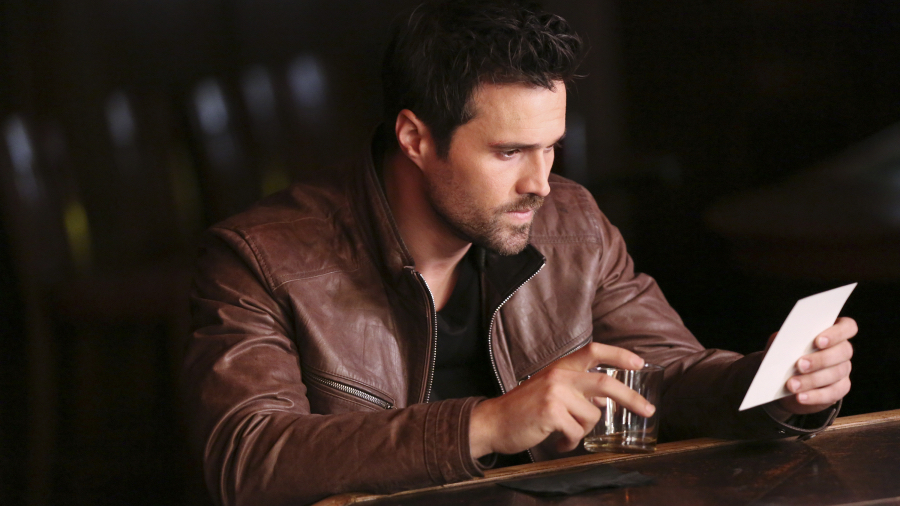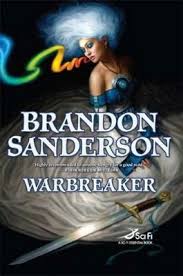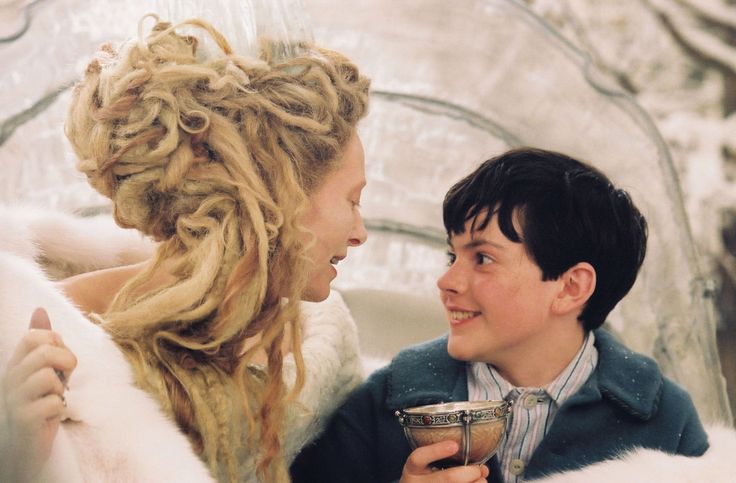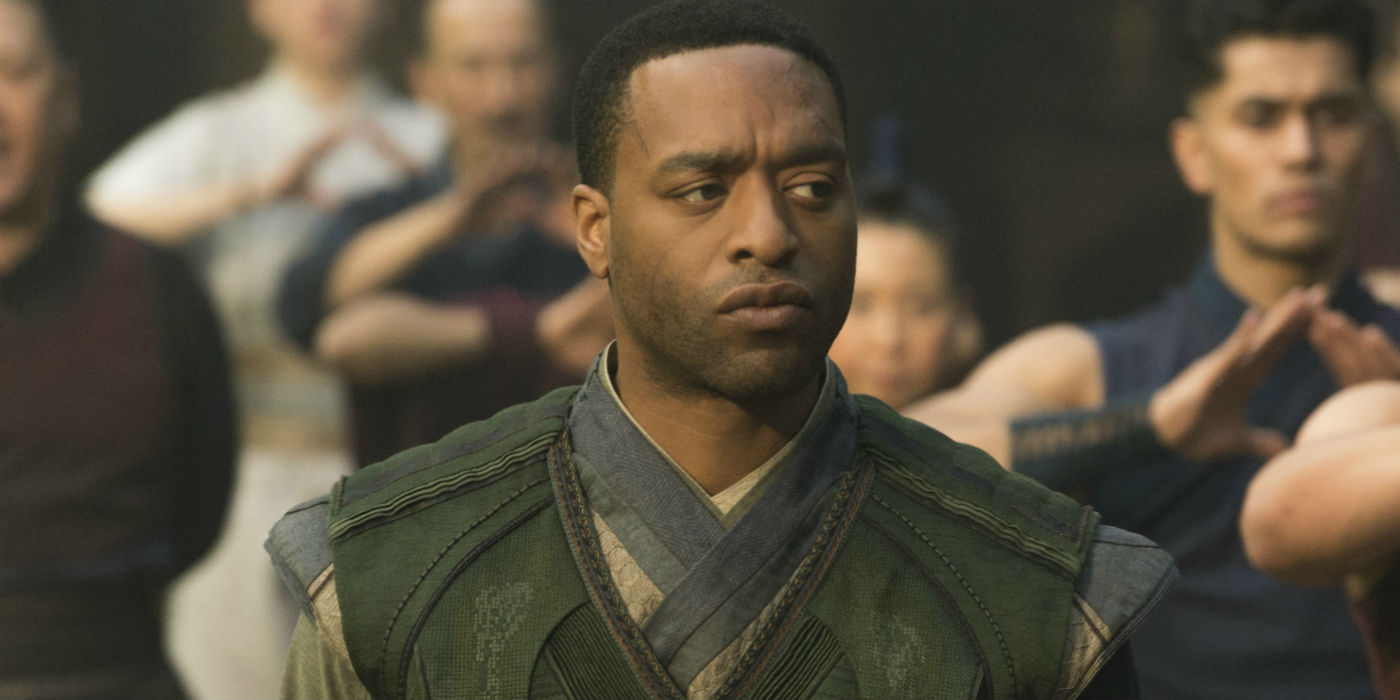Three years ago tomorrow, I enjoyed the best beer I’ve ever had. I’ve always liked finding a good beer and sampling them responsibly. One stands far and above the others.
In 2014, as Saint Patrick’s Day rolled ever closer, I was depressed and with great reason. In late February of that year, I contracted a necrotizing fasciitis – a skin eating infection – that nearly killed me. When I was discharged from the hospital at the end of February, I was a mess. Sitting in our basement on the reclining couch, I spent hours staring out the window. The couch was the only place I could sleep without being completely flat on my back – which was a “no-go” and despite all the things we’d done to finish the basement and make it part of our home, it wasn’t. I was in another world down there – visited by family several times a day as I alternately slept and pondered why I hadn’t died. I was starting to find myself in a bad place, and two things happened that both pulled me out of depression and set the course for my writing career.
They were completely unrelated.
The first I’ve written about one of them before. I owe a substantial part of my recovery to my friend Neil Clarke. Neil is the editor of Clarkesworld Magazine and the editor of the SFWA Bulletin. I met him on an airplane to San Antonio for WorldCon a few years back. He’s also my celebrity stalker – but that’s an entirely different story. Neil also survived a life threatening event a few years before my episode. So, one dreary March night, I did something I never dreamed I would have done. I wrote an email to Neil and asked him how he’d been able to come back from his massive heart attack. I needed some kind of touchstone to help light a path from where I was. In the months prior to my illness I’d written the first drafts of TWO novels in the space of about six months. My productivity levels had been amazing. Yet, sitting there on my ass with nothing to do but let my skin recover, I found I could barely watch TV or play video games much less write. So I emailed Neil.
And he wrote me back. His words, very simply, lit the tiny little flame that became my lantern out of depression. I saw Neil at WorldCon in Kansas City last year for the first time since my illness. We both held back tears. I am forever grateful to him for simply saying “it will be okay.”
As I recovered at home, I had a wonderful nurse named Paula who came by every day, and then every other day, and then a couple of days a week as things stabilized. I found out she was a retired Army nurse, and we got along swimmingly. On St. Patrick’s Day, I joked that I’d love to have a beer. I was on intravenous antibiotics at this point (2X per day) and they were very potent. Paula looked at me and winked – “I think you could split one today, as long as you get outside and walk.”
That day, I took my wife’s arm and walked to our mailbox and back. It’s only about 300 meters roundtrip, and it was hell, but we took it slow and I walked. When we got home, I texted my friend Scott and told him I’d walked outside and was feeling better. And I told him that Paula had said I could split a beer.
His response? “I’ll be right there.”
And he was – carrying a couple of bottles of Boulevard Brewing Company’s Double-Wide IPA. My wife got the glasses out and we poured it out and shared a beer – sitting on the very same couch where I’d doubted my very existence in late nights of little sleep. It was the best beer I’ve ever had in my life. From there, things came around quickly. Having been an active duty Army officer, I knew that when my medical situation hit the Army’s system there would be chaos, but it took more than a year for my infectious disease specialist to release me from treatment. I relapsed and spent another agonizing night in the hospital. I took antibiotics for more than eleven months. As I recovered, I was promoted a final time. I sold my debut novel to a very strong small press. Most importantly, I kept digging out and the light was just as bright as I remembered.
I came away from my experience valuing a lot of things, and friendship is right near the top. My writing buddy Amity Green came to my hospital room with other friends in tow and then showed up one day to sit on that basement couch and write with me. We really didn’t write much – crying a little was the order of the day. My writing group, Fiction Foundry, came to our house and crowded around me on the couch to do our critiques. My writing friends help to save my life, including a man I call my brother, James A. Owen.
James has a penchant for sending out positive memes and quotes on a daily (hourly sometimes!) basis. He sent one in particular that essentially slapped me in the face and said – “Get back to it.” I’ve included it below:
 

I’ve been fortunate to make a lot of friends in the writing world and every single one of them are a vibrant part of my life. We’re not alone on this writing journey and the more Tribe you can build, the better it will be.


 For all of you “Agents of Shield” fans, I think you’ll remember that wrench in your gut when you realized, but didn’t want to admit, that Grant Ward was Hydra. Not only was he Hydra, but he was also quite psycho. Everyone’s favorite character started betraying and killing all of his friends. Except for the recently acquired girlfriend, whom he creepily stalked.
For all of you “Agents of Shield” fans, I think you’ll remember that wrench in your gut when you realized, but didn’t want to admit, that Grant Ward was Hydra. Not only was he Hydra, but he was also quite psycho. Everyone’s favorite character started betraying and killing all of his friends. Except for the recently acquired girlfriend, whom he creepily stalked. r not effect his own goals or must further them in some way. He can save his friend’s life, it can seem that it’s because he legitimately cares, and we can find out later that it was only because the backstabber needed information. Besides Grant Ward in Agents of Shield, another great example is in Brandon Sanderson’s Warbreaker. (spoiler alert) Throughout the entire novel, Siri finds in Bluefingers a confidante she can trust, until the very end when he and the Pahn Kahl people turn against her and the kingdom. He was the one person she thought she could trust and with that paradigm shift is a plot twist that changes everything.
r not effect his own goals or must further them in some way. He can save his friend’s life, it can seem that it’s because he legitimately cares, and we can find out later that it was only because the backstabber needed information. Besides Grant Ward in Agents of Shield, another great example is in Brandon Sanderson’s Warbreaker. (spoiler alert) Throughout the entire novel, Siri finds in Bluefingers a confidante she can trust, until the very end when he and the Pahn Kahl people turn against her and the kingdom. He was the one person she thought she could trust and with that paradigm shift is a plot twist that changes everything. ueen in The Lion, the Witch, and the Wardrobe? We see his betrayal coming, but his poor siblings have no idea until he’s gone. We can unfold the tragedy with carefully placed clues that the reader puts together piece by piece, gradually discerning the awful news that they hate to admit may be true, like in the famed Narnia series. We can also slam the reader with the betrayal for greater impact, putting them suddenly on the edge of their seats as they wait for the protagonist to find out. Either way works and I think the best choice is whichever one fits with the flavor of your book. Is it wrought with mystery so the betrayal is one of many factors or is it a book of many twists, turns, and tragedies where this can be one more layer on the cake?
ueen in The Lion, the Witch, and the Wardrobe? We see his betrayal coming, but his poor siblings have no idea until he’s gone. We can unfold the tragedy with carefully placed clues that the reader puts together piece by piece, gradually discerning the awful news that they hate to admit may be true, like in the famed Narnia series. We can also slam the reader with the betrayal for greater impact, putting them suddenly on the edge of their seats as they wait for the protagonist to find out. Either way works and I think the best choice is whichever one fits with the flavor of your book. Is it wrought with mystery so the betrayal is one of many factors or is it a book of many twists, turns, and tragedies where this can be one more layer on the cake? es for him. Mordo’s negative reaction when he discovers their leader has been using forbidden magic all along is a sign that not all is well. Mordo seems to come around, helping Doctor Strange save the world, and it’s not certain what Mordo will do until the moment comes. Even Mordo doesn’t seem certain what he’ll do. And then he turns his back on his friends and becomes the next super-villain. If we hadn’t already known that Anakin becomes Darth Vader, we might have been on the edge of our seats wondering if he’d really turn to the dark side or come to his senses. Because we do know, it becomes an example for the scenario above. We know it will happen, but how and when is the question. I think the unsure betrayer is one of the most compelling and heart-wrenching scenarios in fiction. It gives our protagonist’s friend a great sense of depth as they struggle with the decision. This one is also hard to pull off well, because we must show those forces of good and evil push and pull in a side character while still keeping the protagonist as the focus. Done well, it’s quite powerful.
es for him. Mordo’s negative reaction when he discovers their leader has been using forbidden magic all along is a sign that not all is well. Mordo seems to come around, helping Doctor Strange save the world, and it’s not certain what Mordo will do until the moment comes. Even Mordo doesn’t seem certain what he’ll do. And then he turns his back on his friends and becomes the next super-villain. If we hadn’t already known that Anakin becomes Darth Vader, we might have been on the edge of our seats wondering if he’d really turn to the dark side or come to his senses. Because we do know, it becomes an example for the scenario above. We know it will happen, but how and when is the question. I think the unsure betrayer is one of the most compelling and heart-wrenching scenarios in fiction. It gives our protagonist’s friend a great sense of depth as they struggle with the decision. This one is also hard to pull off well, because we must show those forces of good and evil push and pull in a side character while still keeping the protagonist as the focus. Done well, it’s quite powerful.